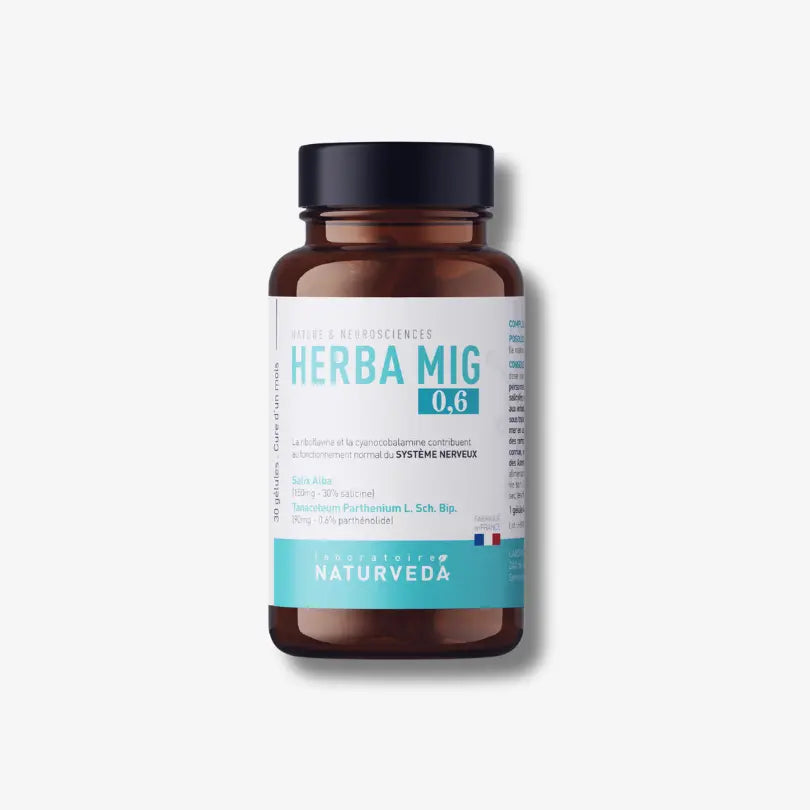Cholesterol is a substance found in your cells and needed by your body to produce vital hormones, vitamin D, and substances that help you digest food. It is therefore crucial for your well-being, but an imbalance can have serious consequences on your health.
Understanding cholesterol: definition and impact on health
Cholesterol helps in the production of certain hormones, contributes to the production of vitamin D and participates in digestion by helping to produce bile in the liver.
Technically speaking, we have two types of cholesterol: LDL (Low Density Lipoprotein) which is also called 'bad cholesterol' and HDL (High Density Lipoprotein) or 'good cholesterol'.
LDL carries cholesterol from the arteries to different organs and tissues. It is good when it is done in moderate quantities. However, high LDL can lead to the buildup of cholesterol in artery walls, creating atherosclerotic plaques .
When they grow, these plaques can block arteries and cause heart disease, stroke, and other health problems. Where does the term 'bad cholesterol' come from?
On the other hand, HDL plays more of a role as a clean-up crew in our system. It removes excess cholesterol from the blood back to the liver, where it is then used to produce bile salts needed for digestion. So, if you have a lot of 'good cholesterol', it is possible to reduce the risk of diseases associated with cholesterol.
Analyze cholesterol test results: LDL, HDL and triglycerides
Assessing your cholesterol levels usually involves measuring the different types of cholesterol in the blood, including LDL (Low-Density Lipoprotein) , HDL (High-Density Lipoprotein), and triglycerides .
LDL cholesterol is often referred to as "bad" cholesterol because it can build up in the walls of your arteries and increase your risk of cardiovascular disease. High LDL levels can indicate an unhealthy lifestyle that includes a diet high in saturated fat and cholesterol.
HDL cholesterol is described as the “good” cholesterol. It helps remove LDL from your bloodstream, which can reduce the risk of heart disease. A low HDL level can be a sign of a diet low in unsaturated fats and fiber, a lack of exercise and potentially tobacco use.
Triglycerides , another type of fat in the blood, can also increase the risk of heart disease when their levels are high. As with LDL, a diet high in fat and calories, as well as a sedentary lifestyle, can contribute to high triglyceride levels.
Natural ways to reduce cholesterol levels
Phytosterols , these components of plant origin, have the particularity of resembling cholesterol without having the harmful effects on health. By attaching to the same receptors as cholesterol in our body, they help slow down its absorption. You can find them in certain specifically enriched foods (margarines, yogurts, etc.).
Another natural solution is omega-3 . These unsaturated fats, known for their beneficial effects on the heart and arteries, are also capable of lowering cholesterol levels. Foods rich in omega-3 such as salmon, herring, and flax seeds are therefore allies of your cardiovascular health.
Practicing regular physical activity, eating a balanced diet rich in fiber and low in saturated fats, all help to maintain cholesterol levels within normal limits. And although certain genetic factors can influence your cholesterol level, know that your lifestyle habits have a major impact on this aspect of your health.
Conclusion
It is important to understand that the role of diet and exercise plays an essential part in regulating cholesterol levels . A balanced diet combined with regular physical activity can help maintain healthy cholesterol levels. However, if your cholesterol level remains high despite these lifestyle changes, medical consultation and possibly drug treatment may be necessary.




